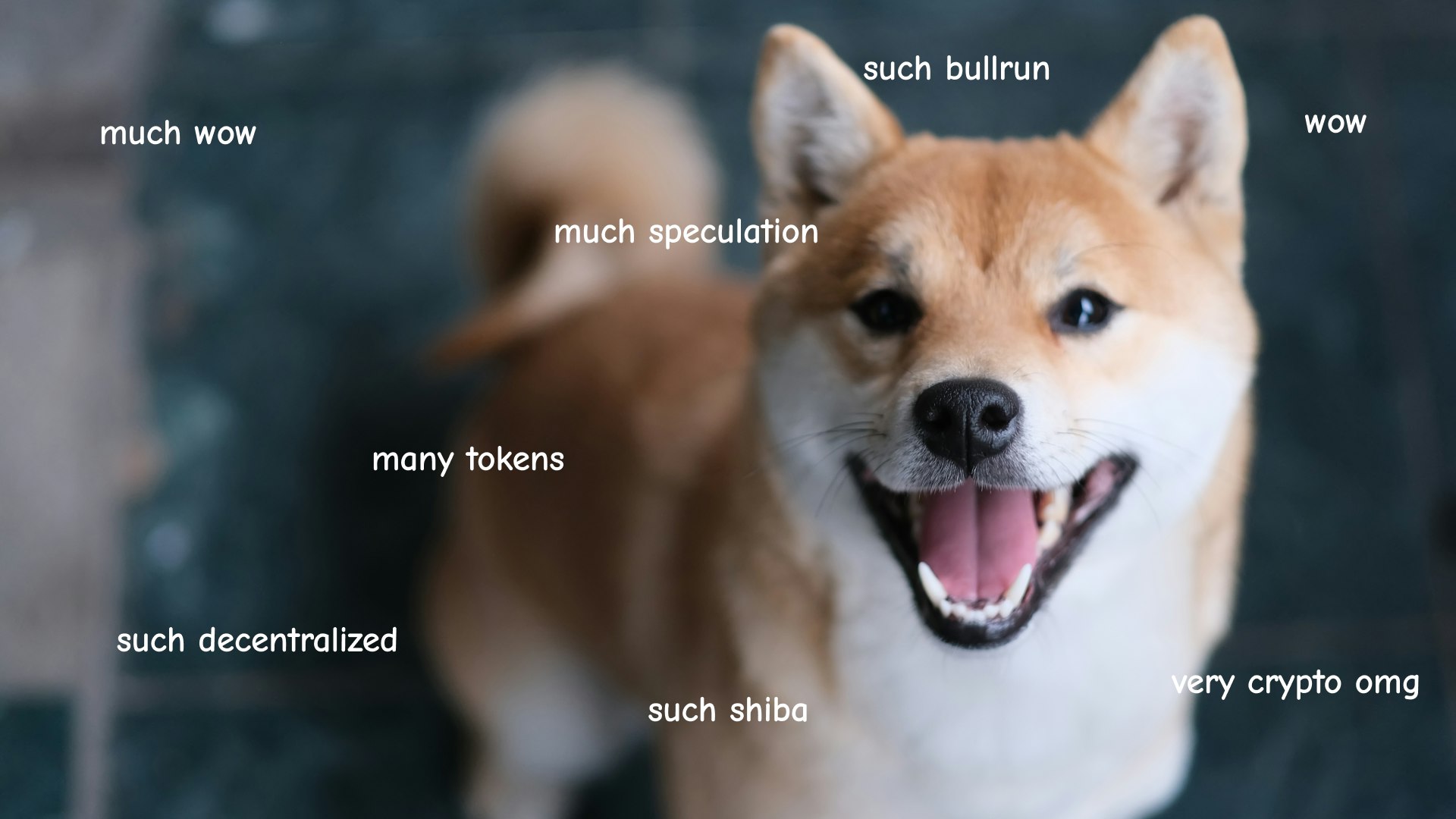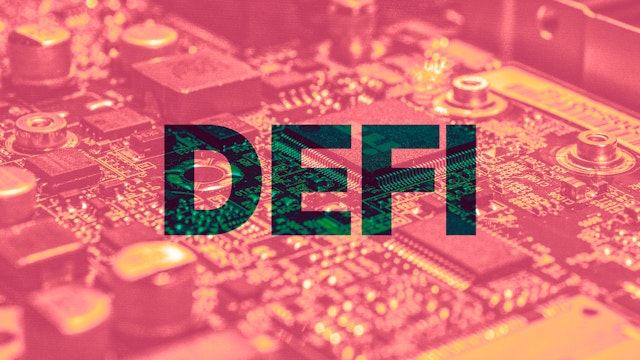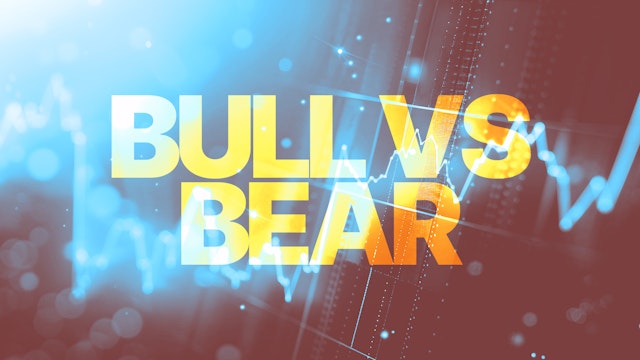From Meme to Meaning: The Institutionalisation of Dogecoin
When a meme becomes a crypto which then mobilizes huge investment, mainstream organizations take notice.
In this article...
- The Doge meme because famous in internet culture
- A joke cryptocurrency was soon spawned from the meme
- Years later, mainstream organisations are eyeing it up.

What happens when a joke becomes a ticker? In 2013, Dogecoin, the first “memecoin”, launched as an acknowledgement of internet culture. A decade on, it trades on the world’s biggest exchanges, gets accepted by some household brands, and features in legal filings and market reports.
The shift from meme to “meaning” says as much about today’s attention economy as it does about crypto.
Attention: From TV to Timelines to Tokens
Once upon a time, attention was measured in TV ratings and newspaper circulations. Today, it’s clicks, shares and watch time. The twist? You can now monetize attention on-chain.
Memes don’t just go viral; they become markets. Social feeds can harden into market cap. Fast.
In 2021, “meme mania” saw retail widen participation from stocks to crypto.
The Financial Times captured how meme mania was reshaping US markets, urging investors to study attention patterns alongside fundamentals. Reddit forum discussions pivoted from meme stocks to cryptocurrencies.
By year-end, even mainstream news outlets were asking if 2021 was “The Year of the DOGE?”
Dogecoin: From Meme to Mainstream
Dogecoin started as a joke in 2013, but over the years it’s become one of the best examples of how internet culture and finance can collide. Along the way, DOGE has picked up major exchange listings, brand recognition, regulatory attention, and proved that memes can move real money.
Big Exchange Listings: From Joke to Serious Market Player
When the first exchange listed DOGE in 2021 it marked a turning point. Suddenly, this “meme coin” had access to institutional-grade rails, regulated custody, market makers, and deeper liquidity.
At the same time, another exchange revealed that 62% of its crypto revenue in Q2 2021 came from Dogecoin. That’s not just a meme. It’s market demand at scale.
Brand Acceptance: Confidence Through Culture
Corporate acceptance doesn’t mean everyone will start paying with DOGE, but it does matter for confidence. In late 2021, Tesla began accepting Dogecoin for merchandise, while AMC Theatres allowed customers to buy digital gift cards with DOGE.
These moves were small in dollar terms, but huge in signaling legitimacy. If Tesla and AMC were willing to experiment with it, DOGE wasn’t just an internet joke anymore.
Viral Moments: Attention as a Market Force
In 2023, Twitter (now X) replaced its famous blue bird logo with a Shiba Inu, the Dogecoin mascot. Within minutes, DOGE’s price spiked. This was a clear lesson. In today’s attention economy, a single viral moment on a major platform can shift billions of dollars in value. Rational? Maybe not. Real? Absolutely.
Why Do Memes Move Markets?
Dogecoin’s rise can be explained by a few psychological and cultural factors:
Narrative speed: A Shiba Inu meme seems to travel faster than financial spreadsheets.
Community power: Online tribes generate engagement that can fuel liquidity.
Unit bias: A sub-$1 coin feels “cheap” compared to Bitcoin, giving retail investors a sense of owning more.
Status games: Gains, memes, and in-jokes create social proof loops.
Reflexivity: Attention drives price, and price drives more attention.
In other words, memes can sometimes compress culture into investable moments.
From Meme to Market Infrastructure
Dogecoin’s journey shows how memes can shape real financial systems. Of course, memecoins still carry risks. A handful of influencers can move prices. Fundamentals are thin. If attention fades, so can liquidity. So they aren’t anywhere close to being a safe bet in terms of investment. But there’s no denying that they are fun.
The Bigger Picture
Dogecoin’s story isn’t about turning memes into cash-flowing businesses. It’s about proving that attention itself is an economic input. And in crypto, that attention can become investable in some cases.
Interest in memecoins means that DOGE is less of a joke and more of a mirror, showing how modern markets price stories, community, and culture value.
Suggested Articles

Millennials Might Want to Inherit Bitcoin Over a Beach House. Here’s Why
Are traditional assets dated in the eyes of younger generations? Is the beach house out of fashion?Read more
What is DeFi? A Beginner’s Guide to Decentralized Finance
The complete guide to how blockchain technology is helping rebuild parts of the financial system without banks or brokers.Read more
What Are Bull and Bear Markets in Crypto?
A guide to understanding market trends, price movements, and how to navigate the highs and lows of the cryptocurrency ecosystem.Read moreBrowse by topic
The above article is not to be read as investment, legal or tax advice and takes no account of particular personal or market circumstances; all readers should seek independent investment, legal and tax advice before investing in cryptocurrencies.
This article is provided for general information and educational purposes only. No responsibility or liability is accepted for any errors of fact or omission expressed therein. CoinJar, Inc. makes no representation or warranty of any kind, express or implied, regarding the accuracy, validity, reliability, availability, or completeness of any such information.
Past performance is not a reliable indicator of future results.
Your information is handled in accordance with CoinJar’s Privacy Policy.
Copyright © 2025 CoinJar, Inc. All rights reserved.
CoinJar, Inc. is a registered Money Services Business with FinCEN and licensed as a money transmitter, NMLS #2492913. For a list of states in which CoinJar, Inc. is licensed or authorized to operate, please visit here. In certain other states, money transmission services are provided by Cross River Bank, Member FDIC.
This site is protected by reCAPTCHA and the Google Privacy Policy and Terms of Service apply.